
Speaking at the discussion group, National Assembly Chairman Tran Thanh Man emphasized that strengthening the mechanism to attract investment and socialize aviation infrastructure is a very important issue to have more resources to expand and upgrade aviation infrastructure.
According to the National Assembly Chairman , the draft needs to add breakthrough regulations to encourage private investment and public-private partnership models, especially for local and civil airports. Currently, the State still invests mainly in infrastructure, leading to a budget burden. Therefore, there needs to be regulations on tax incentives, land and quick approval procedures for investors, while ensuring equality between airlines in access to flights and flight services.
According to the National Assembly Chairman, the draft has inherited the regulations on airport operators having the right to invest, but needs to be expanded to mobilize social resources. Otherwise, the aviation industry will find it difficult to achieve the goal of forming 33 airports by 2050.
Referring to decentralization, delegation of power and simplification of administrative procedures, the National Assembly Chairman emphasized that the Draft has decentralized from the Prime Minister to ministers and localities, but it needs to be more thorough by assigning approval of detailed airport planning to provincial People's Committees; reducing the time for processing flight permits; completely abolishing compulsory registration of aircraft ownership for Vietnamese organizations and switching to voluntary registration to reduce administrative burden.

Regarding the issue of improving safety, security and airspace management, the National Assembly Chairman said that this is an important issue, and it is necessary to give absolute priority to safety by adding mandatory regulations on safety management systems for all aircraft design and manufacturing enterprises and integrating AI in flight monitoring. Transferring the aviation security function to the Ministry of Public Security from March 1, 2025 is very reasonable, but it is necessary to clearly define responsibilities with the Ministry of Construction to avoid overlap...

Agreeing with the Government's Report and the report of the appraisal agency, delegate Nguyen Quoc Duyet (Hanoi Delegation) said that this is an important law project, aiming to strongly promote socio-economic development, while continuing to strengthen national defense and security.
According to forecasts, by 2030, Vietnam will have about 30 airports, including 15 international airports and an output of 185 to 200 million passengers/year, requiring continued attention to planning and development of airport infrastructure and airports, with synchronization, but also not developing massively and lacking practicality.
Delegate Nguyen Quoc Duyet emphasized that in reality, many airports and air terminals, after being built and put into operation, began to make losses. Development is an inevitable trend, but we must calculate very carefully to see which areas develop international ports, which areas build domestic ports, and dual-use airports to maximize efficiency.

Meanwhile, discussing the mechanism for attracting investment and socializing aviation infrastructure, Chairman of the Law and Justice Committee Hoang Thanh Tung said that all airports are dual-use, similar to other countries, when necessary, they are converted to serve national defense and security. According to the delegate, the Draft Law provides a highly supported and innovative mechanism to mobilize social resources to invest in airports and airport facilities...
Source: https://hanoimoi.vn/can-quy-dinh-dot-pha-khuyen-khich-dau-tu-tu-nhan-va-hop-tac-cong-tu-phat-trien-hang-khong-720522.html








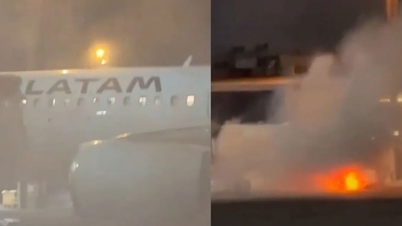

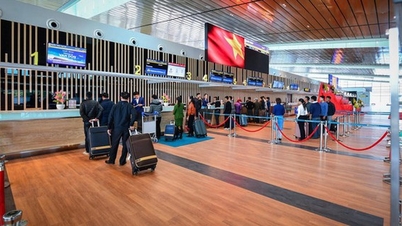

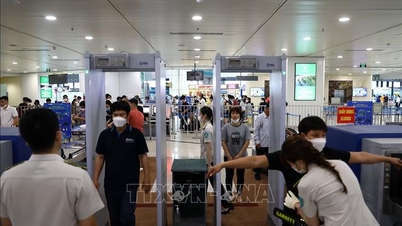

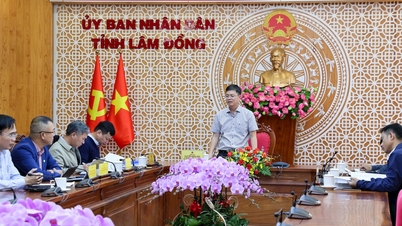
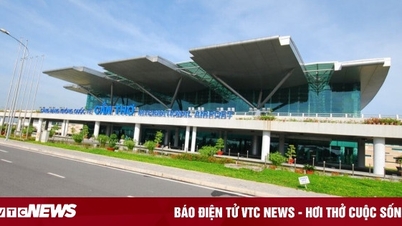

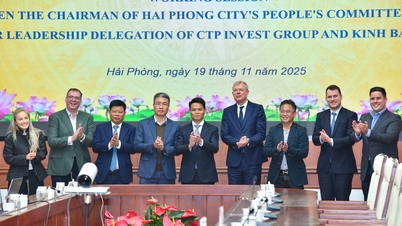

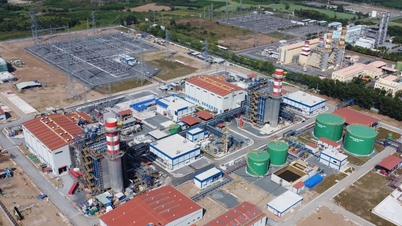

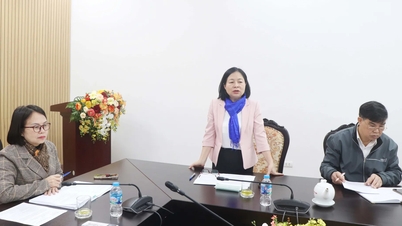


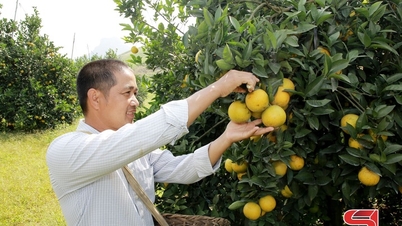









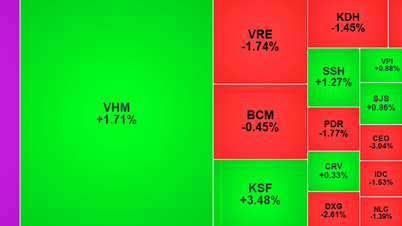





















































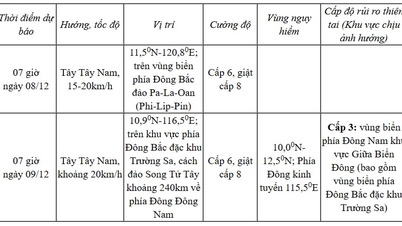



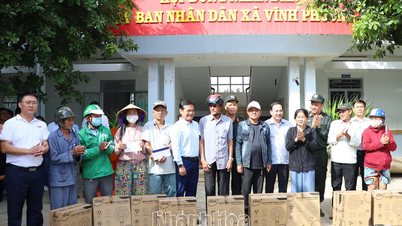


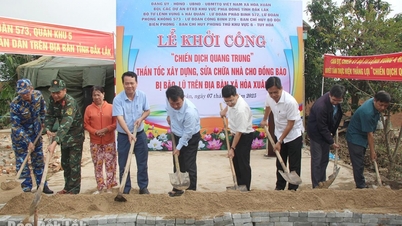

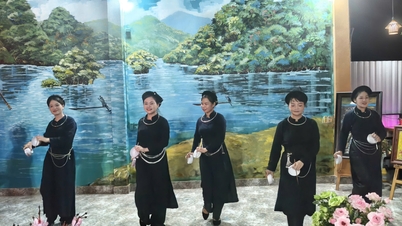

















Comment (0)